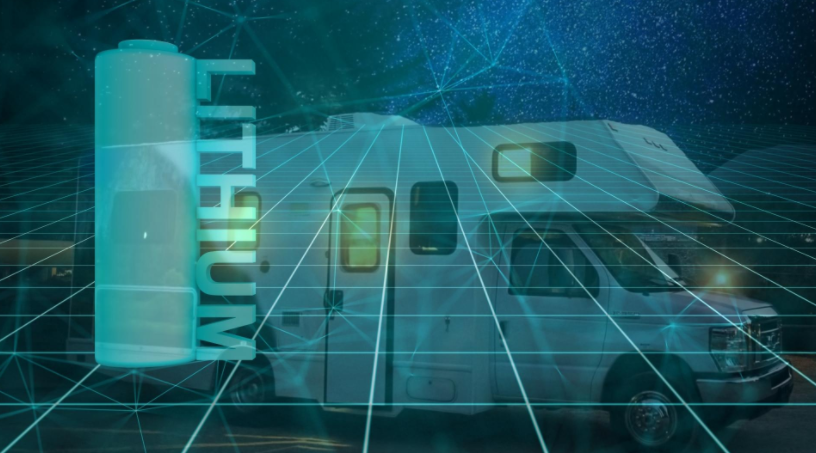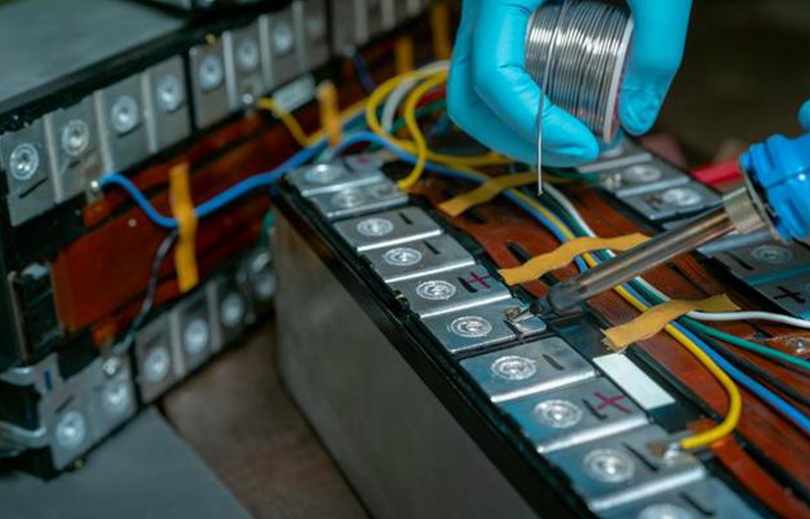What is the problem with LiFePO4 battery?
LiFePO4 batteries, also known as lithium iron phosphate batteries, have gained popularity for their high energy density, long lifespan, and low environmental impact. However, like any technology, LiFePO4 batteries have their own set of problems that limit their wider adoption. In this essay, we will explore some of the main issues with LiFePO4 batteries.
One of the most significant problems with LiFePO4 batteries is their relatively low energy density compared to other lithium-ion batteries. While LiFePO4 batteries have a high capacity in terms of voltage and current, they have a lower energy density than other types of lithium-ion batteries. This means that they take up more space and weigh more than other batteries with the same capacity. This makes them less suitable for applications where space and weight are critical factors, such as portable electronics or electric vehicles.
Another issue with LiFePO4 batteries is their slow charging rate. While LiFePO4 batteries can be charged relatively quickly, their charging rate is limited by the risk of thermal runaway and the associated safety concerns. This means that LiFePO4 batteries may not be suitable for applications where fast charging is a requirement, such as electric vehicles or other high-power applications.
LiFePO4 batteries also have a relatively high self-discharge rate. This means that they lose their charge over time even when not in use. While this issue can be mitigated by regular charging, it can still be a problem for applications that require long-term storage or infrequent use.
Another problem with LiFePO4 batteries is their sensitivity to overcharging and overdischarging. Overcharging or overdischarging can damage the battery, reduce its lifespan, and even cause it to catch fire or explode. While most LiFePO4 batteries have built-in protection circuits to prevent overcharging and overdischarging, these circuits can fail or be bypassed in certain circumstances.

Finally, LiFePO4 batteries are relatively expensive compared to other types of lithium-ion batteries. This is partly due to their lower energy density, which means that more cells are needed to achieve the same capacity as other batteries. Additionally, LiFePO4 batteries require more manufacturing steps and higher-quality materials, which also contribute to their higher cost.
In conclusion, while LiFePO4 batteries offer many advantages, they are not without their problems. The relative low energy density, slow charging rate, high self-discharge rate, sensitivity to overcharging and overdischarging, and higher cost all limit their adoption in certain applications. However, with ongoing research and development, these problems may be overcome, and LiFePO4 batteries may become a more widely used and accepted technology in the future.
-
 Introduction: In this era of technological advancements, the need for reliable and high-performance batteries is paramount. The market is flooded with various battery options, but one that stands out for its exceptional characteristics is the 12V LiFePO4 Battery with a capacity of 100Ah. This article aims to shed light on the features, benefits, and applications of this remarkable power source....En savoir plus
Introduction: In this era of technological advancements, the need for reliable and high-performance batteries is paramount. The market is flooded with various battery options, but one that stands out for its exceptional characteristics is the 12V LiFePO4 Battery with a capacity of 100Ah. This article aims to shed light on the features, benefits, and applications of this remarkable power source....En savoir plus -
 Camping is a popular recreational activity for nature enthusiasts around the world. It offers an escape from the hustle and bustle of city life, allowing individuals to reconnect with nature and recharge their batteries. However, one challenge that campers often face is the limited availability of power sources in remote locations. Traditional lead-acid batteries have long been used as a...En savoir plus
Camping is a popular recreational activity for nature enthusiasts around the world. It offers an escape from the hustle and bustle of city life, allowing individuals to reconnect with nature and recharge their batteries. However, one challenge that campers often face is the limited availability of power sources in remote locations. Traditional lead-acid batteries have long been used as a...En savoir plus -
 In today's world, we rely heavily on technology, and it has become an integral part of our lives. From smartphones to laptops, all of these devices require a constant power supply to function. With the growing demand for portable power, one of the most important components that need to be reliable is the battery. The 12V 100Ah LiFePO4 battery is...En savoir plus
In today's world, we rely heavily on technology, and it has become an integral part of our lives. From smartphones to laptops, all of these devices require a constant power supply to function. With the growing demand for portable power, one of the most important components that need to be reliable is the battery. The 12V 100Ah LiFePO4 battery is...En savoir plus -
 Industrial batteries play a crucial role in powering various industrial equipment and machinery. In today\'s modern world, where industries heavily rely on technology and automation, having superior performance batteries is essential. Industrial Power Products (IPP) is a leading manufacturer of industrial batteries and their commitment to delivering high-quality, reliable, and efficient products has made them a trusted name in the...En savoir plus
Industrial batteries play a crucial role in powering various industrial equipment and machinery. In today\'s modern world, where industries heavily rely on technology and automation, having superior performance batteries is essential. Industrial Power Products (IPP) is a leading manufacturer of industrial batteries and their commitment to delivering high-quality, reliable, and efficient products has made them a trusted name in the...En savoir plus -
 The growing demand for clean and renewable energy sources, coupled with the increasing need for efficient and reliable energy storage solutions, has led to the development of advanced battery technologies. One such technology is the lithium iron phosphate (LiFePO4) battery. LiFePO4 batteries are a type of rechargeable lithium-ion battery that use lithium iron phosphate as the cathode material. They...En savoir plus
The growing demand for clean and renewable energy sources, coupled with the increasing need for efficient and reliable energy storage solutions, has led to the development of advanced battery technologies. One such technology is the lithium iron phosphate (LiFePO4) battery. LiFePO4 batteries are a type of rechargeable lithium-ion battery that use lithium iron phosphate as the cathode material. They...En savoir plus -
 L’agriculture joue un rôle crucial dans la production alimentaire mondiale, et les progrès technologiques ont considérablement transformé l’industrie. L’une de ces innovations est l’utilisation de batteries au lithium haute puissance pour les outils agricoles. Ces batteries ont révolutionné l’efficacité et la productivité des pratiques agricoles, offrant de nombreux avantages aux agriculteurs. Dans cet article, nous explorerons les avantages des batteries au lithium haute puissance dans...En savoir plus
L’agriculture joue un rôle crucial dans la production alimentaire mondiale, et les progrès technologiques ont considérablement transformé l’industrie. L’une de ces innovations est l’utilisation de batteries au lithium haute puissance pour les outils agricoles. Ces batteries ont révolutionné l’efficacité et la productivité des pratiques agricoles, offrant de nombreux avantages aux agriculteurs. Dans cet article, nous explorerons les avantages des batteries au lithium haute puissance dans...En savoir plus -
 When it comes to enjoying a day out on the water, having a reliable boat is crucial. One key component that ensures a smooth start-up is the cranking battery. This essential part provides the necessary power to start the boat's engine and get you sailing in no time. In this article, we will explore the importance of a cranking battery...En savoir plus
When it comes to enjoying a day out on the water, having a reliable boat is crucial. One key component that ensures a smooth start-up is the cranking battery. This essential part provides the necessary power to start the boat's engine and get you sailing in no time. In this article, we will explore the importance of a cranking battery...En savoir plus

